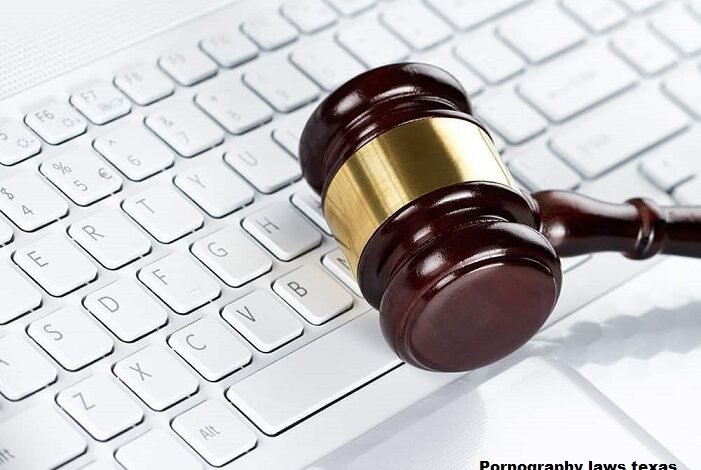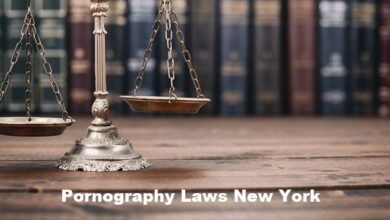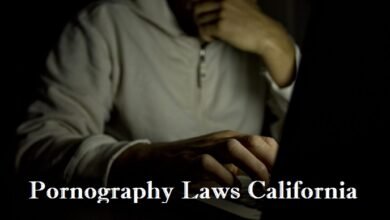Understanding Pornography Laws in Texas: What You Need to Know

Pornography laws in Texas encompass a range of regulations and statutes aimed at governing the production, distribution, and consumption of sexually explicit material within the state.
What are Pornography Laws in Texas?
Pornography laws in Texas outline various restrictions and prohibitions related to the creation, dissemination, and possession of explicit content.
These laws aim to protect public morality, safeguard minors from exposure to harmful material, and prevent exploitation and abuse within the adult entertainment industry.
Key Provisions of Texas Pornography Laws
- Obscenity Laws: Texas defines obscenity as material that appeals to prurient interest in sex and lacks serious literary, artistic, political, or scientific value. Distribution or possession of obscene material is illegal under Texas law.
- Child Pornography Laws: Texas prohibits the production, distribution, and possession of child pornography, which involves sexually explicit images or videos depicting individuals under the age of 18. Violations of child pornography laws carry severe penalties, including hefty fines and lengthy prison sentences.
- Regulation of Adult Entertainment Businesses: Texas imposes regulations on adult entertainment establishments, such as strip clubs and adult theaters, to ensure compliance with zoning ordinances and licensing requirements. These regulations aim to mitigate the negative impacts associated with adult entertainment venues on surrounding communities.
Real-Life Implications
Consider a scenario where an individual is caught distributing explicit material depicting underage individuals in Texas.
In such a case, the offender could face serious legal consequences, including felony charges, mandatory registration as a sex offender, and long-term imprisonment.
These repercussions highlight the severity of Texas pornography laws and the importance of adhering to legal standards.
Challenges and Controversies
While pornography laws in Texas serve to protect public welfare and morality, they also raise complex legal and ethical questions.
One challenge is defining the line between protected free speech and obscenity, as what may be considered obscene in one context may be deemed acceptable in another.
Additionally, enforcing pornography laws in the digital age presents challenges due to the widespread availability of explicit material online.
Conclusion
Pornography laws in Texas play a crucial role in regulating the production, distribution, and consumption of sexually explicit material within the state.
By establishing clear guidelines and penalties, these laws aim to uphold public morality, protect vulnerable populations, and maintain social order.
However, navigating the complexities of pornography laws requires awareness, understanding, and compliance with legal standards to avoid severe consequences.




